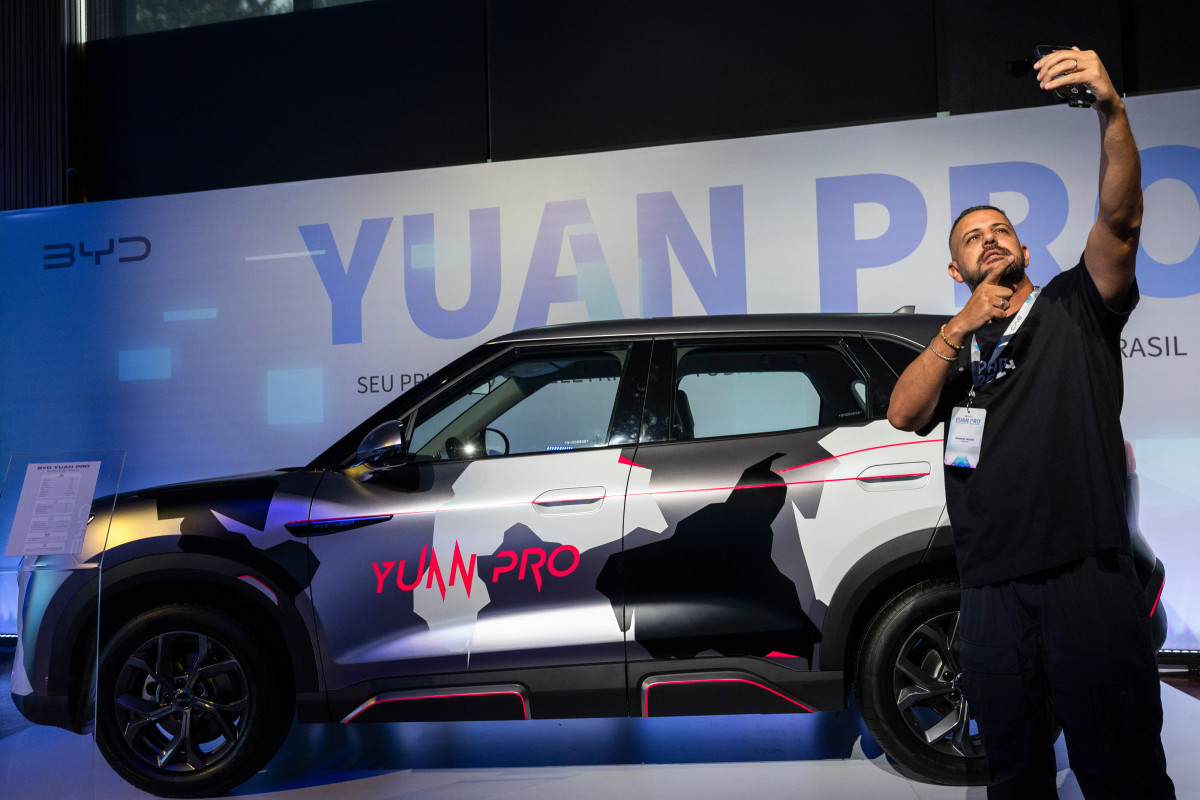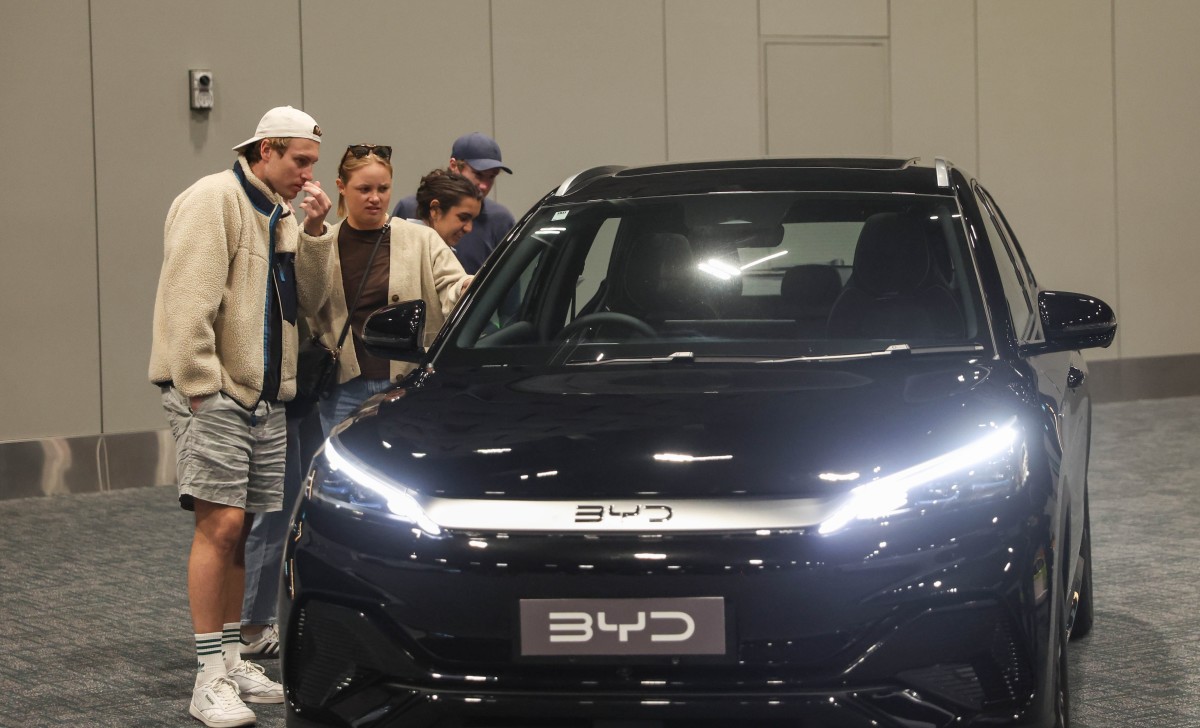New car buyers are becoming more open-minded about Chinese makes, according to Big Three consultants
The global automotive landscape is shifting dramatically towards the East. According to a new survey from the Boston Consulting Group, one of the “Big Three” management consulting firms, worldwide consumer attitudes are shifting positively toward Chinese-branded vehicles.
The survey, which polled over 9,000 car owners and potential car buyers across ten countries in mid-2025, shows some dramatic shifts in regional differences regarding their tolerance toward Chinese vehicles. Just 7% of consumers surveyed in the United States said that they would consider purchasing a Chinese-made car; however, that number is just part of the story.
This paints a new, vivid picture of opportunity as the automotive old guard tries to compete against its new international competition. According to the China Association of Automobile Manufacturers, China exported 4.95 million vehicles in the first nine months of 2025, representing a 15% increase compared to the same period in 2024.
Maira Erlich/Bloomberg via Getty Images
Regional reception to Chinese cars varies wildly
Brazil emerged as the most “open-minded” territory toward Chinese vehicles outside of China, with 36% of survey respondents telling BCG that they’re willing to consider a Chinese car on their driveways. Brazil represents an ideal market for Chinese expansion, as it lacks dominant domestic automotive brands, consumers prioritize cost in purchasing decisions, and the country isn’t entangled in the geopolitical tensions that characterize US-China relations. What’s more, major Chinese manufacturers, including BYD, Great Wall Motor, and Chery, have already established manufacturing facilities in the country.
On the other hand, their European counterparts demonstrate more toned-down enthusiasm, with consumer interest ranging from less than 10% to 20% expressing openness to Chinese brands. Notably, this interest exceeds the current performance, as Chinese vehicles hold an average market share of just 4% across the EU, indicating that these brands have significant untapped growth potential. However, capitalizing on this opportunity will require Chinese manufacturers to overcome geopolitical concerns, invest in brand recognition, and establish a reliable after-sales infrastructure.
Long Lei/Xinhua via Getty Images
However, BCG found a large cultural shift within China itself as well. Traditionally, foreign cars were considered status symbols among Chinese consumers; however, this perception has shifted. The Chinese consumer is somewhat nationalistic, as over 85% of Chinese consumers surveyed by BCG said they’d purchase a domestically made vehicle. Already, Chinese brands hold a 69% market share in their domestic market and are expected to keep growing.
The electric vehicle connection
These statistics begin to make sense when the global shift toward electric vehicles is factored in. In the same survey, approximately 35% of US and European respondents, and 73% of Chinese respondents, stated that they plan to purchase a battery electric vehicle within the next five years. Already, Chinese manufacturers such as BYD have positioned themselves as prominent suppliers of competitively priced electric vehicles across various price segments and vehicle categories, which has helped accelerate their global market penetration as they adapt and evolve to accommodate consumer preferences.
Chinese electric vehicle exports are already surging. In the first nine months of 2025, China exported 1.76 million “new-energy vehicles” (the Chinese domestic market umbrella term for battery electric EVs and plug-in hybrids) around the world, which reflects an 89% year-over-year increase. This aggressive expansion partly responds to domestic oversupply and price competition, but it also reflects strategic positioning to capture emerging global EV demand.
Final thoughts
The survey’s findings carry important implications for all automotive manufacturers, as the survey also found that younger buyers everywhere are way more open to Chinese brands than their older counterparts. In addition, the average new car buyer in the US and Europe is in their early fifties, while buyers in China tend to be in their mid-thirties. As today’s younger buyers become “market age” in Western countries over the next decade, attitudes could shift fast.
Additionally, brand loyalty is declining. Even in Germany, where brand loyalty traditionally played a huge role in its auto market, BCG found that only about half of the buyers it surveyed plan to stick with their current make. In China, it’s just 10%; a statistic that shows that price and features win over the badge on the grille.
Chinese manufacturers are playing the long game, building infrastructure, learning from emerging markets, and waiting for demographics to shift in their favor. Based on this survey, a Chinese takeover seems inevitable; the only question is whether established automakers will adapt fast enough to compete.


